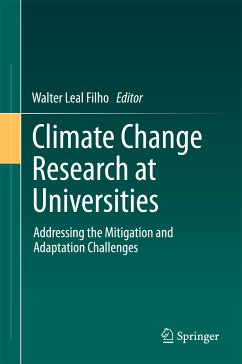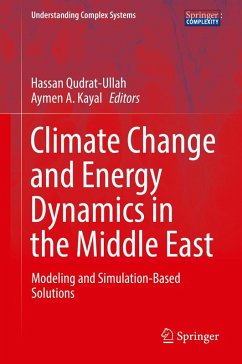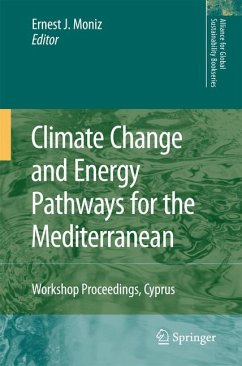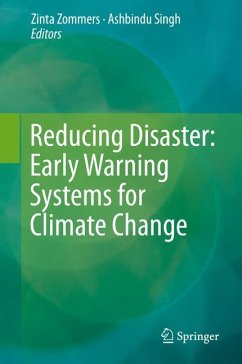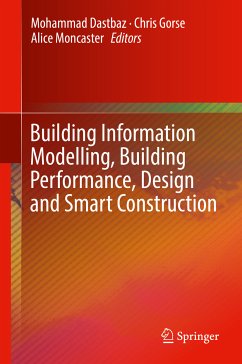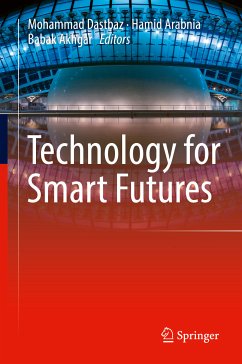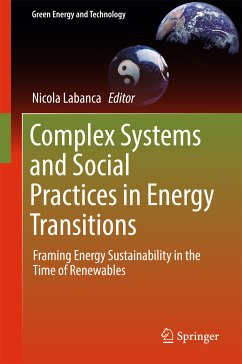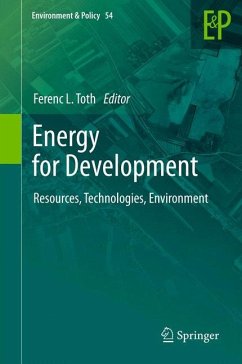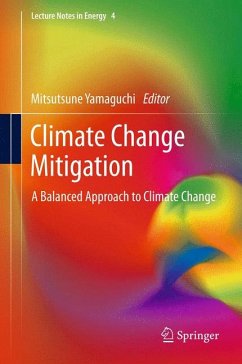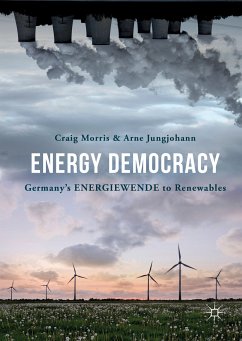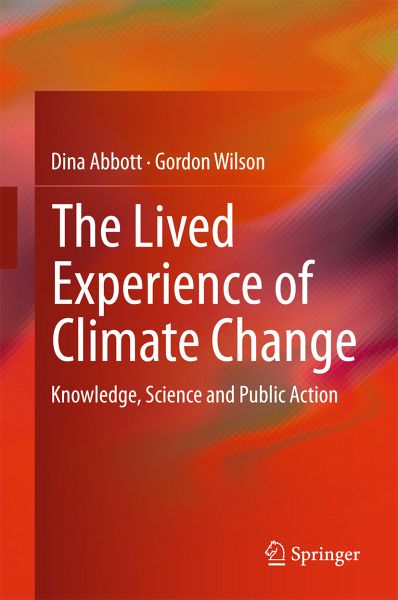
The Lived Experience of Climate Change (eBook, PDF)
Knowledge, Science and Public Action
Versandkostenfrei!
Sofort per Download lieferbar
72,95 €
inkl. MwSt.
Weitere Ausgaben:

PAYBACK Punkte
36 °P sammeln!
This book explores the idea that daily lived experiences of climate change are a crucial missing link in our knowledge that contrasts with scientific understandings of this global problem. It argues that both kinds of knowledge are limiting: the sciences by their disciplines and lived experiences by the boundaries of everyday lives. Therefore each group needs to engage the other in order to enrich and expand understanding of climate change and what to do about it.Complemented by a rich collection of examples and case studies, this book proposes a novel way of generating and analysing knowledge...
This book explores the idea that daily lived experiences of climate change are a crucial missing link in our knowledge that contrasts with scientific understandings of this global problem. It argues that both kinds of knowledge are limiting: the sciences by their disciplines and lived experiences by the boundaries of everyday lives. Therefore each group needs to engage the other in order to enrich and expand understanding of climate change and what to do about it.
Complemented by a rich collection of examples and case studies, this book proposes a novel way of generating and analysing knowledge about climate change and how it may be used. The reader is introduced to new insights where the book:
. Provides a framework that explains the variety of simultaneous, co-existing and often contradictory perspectives on climate change. . Reclaims everyday experiential knowledge as crucial for meeting global challenges such as climate change. . Overcomes the science-citizen dichotomy and leads to new ways of examining public engagement with science. Scientists are also human beings with lived experiences that filter their scientific findings into knowledge and actions. . Develops a 'public action theory of knowledge' as a tool for exploring how decisions on climate policy and intervention are reached and enacted.
While scientists (physical and social) seek to explain climate change and its impacts, millions of people throughout the world experience it personally in their daily lives. The experience might be bad, as during extreme weather, engender hostility when governments attempt mitigation, and sometimes it is benign. This book seeks to understand the complex, often contradictory knowledge dynamics that inform the climate change debate, and is written clearly for a broad audience including lecturers, students, practitioners and activists, indeed anyone who wishes to gain further insight into this far-reachingissue.
Complemented by a rich collection of examples and case studies, this book proposes a novel way of generating and analysing knowledge about climate change and how it may be used. The reader is introduced to new insights where the book:
. Provides a framework that explains the variety of simultaneous, co-existing and often contradictory perspectives on climate change. . Reclaims everyday experiential knowledge as crucial for meeting global challenges such as climate change. . Overcomes the science-citizen dichotomy and leads to new ways of examining public engagement with science. Scientists are also human beings with lived experiences that filter their scientific findings into knowledge and actions. . Develops a 'public action theory of knowledge' as a tool for exploring how decisions on climate policy and intervention are reached and enacted.
While scientists (physical and social) seek to explain climate change and its impacts, millions of people throughout the world experience it personally in their daily lives. The experience might be bad, as during extreme weather, engender hostility when governments attempt mitigation, and sometimes it is benign. This book seeks to understand the complex, often contradictory knowledge dynamics that inform the climate change debate, and is written clearly for a broad audience including lecturers, students, practitioners and activists, indeed anyone who wishes to gain further insight into this far-reachingissue.
Dieser Download kann aus rechtlichen Gründen nur mit Rechnungsadresse in A, B, BG, CY, CZ, D, DK, EW, E, FIN, F, GR, HR, H, IRL, I, LT, L, LR, M, NL, PL, P, R, S, SLO, SK ausgeliefert werden.




